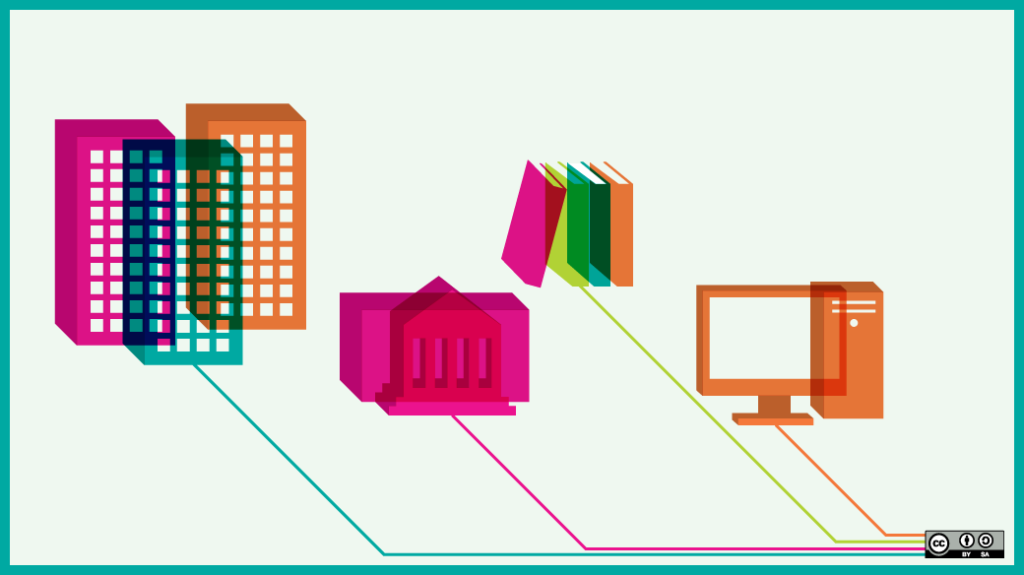
The Role of Civic Technology in Deepening Nigeria’s Democracy
What Democracy should be
A very popular definition of Democracy is that it is a government of the people for the people by the people. It has also been described as a system of government that either gives people the power to directly decide legislation or gives official representatives the power to do so on their behalf.
However, while these expressions have become commonplace, it might become very easy to understate the most important part of every democracy. And in this regard, no other expression betones the core of democracy better than a part of the United Nations’ Universal Declaration of Human Rights which says the will of the people shall be the basis of the authority of the government.
Therefore, a democracy that fails to properly capture the will of its people is already built on shaky foundations. Truly, it is almost impossible to find any democracy where the will of none of the people comes into play. However, the percentage of the people involved in the decision making process must be taken into account before deciding if a particular democracy truly has its authority firmly based upon the will of the people, and this is where the democracy of our people comes into sharp focus.
What our Democracy is
Ours is a country that practices representative democracy, and as such,we must ask ourselves if the will of the people is properly represented. A quick and indicative answer to this question comes from a look from the number of voters in the presidential elections. One has to go as far back as 2017 to find an election that has more than 20% of the present population participating in the elections, in fact the last presidential elections in 2019 had less than 15% of the total population voting. Therefore it can be clearly seen that not enough of the citizens are involved in the process of choosing those who rule them, and therefore, the depth of our democracy is laid bare.
Another indicator of the Democracy obtainable in Nigeria is the trust of the citizens in the governmental structure. You meet everyday Nigerians turning up their noses at all three arms of government as they believe the government is riddled with corruption and that policies made are never in the best interests of the people. In fact, an overriding feeling among Nigerians is that whatever they do changes nothing about the government as only the 1% in power decides whatever they so desire.
When this is coupled with the cause, effect and everything else around the 2020 EndSARS protest that gripped the country in the middle of a pandemic where citizens seemed to simply have had enough of the frustrations handed down by those in power, then the true depth of our democracy is clear for any honest observer.
While many reasons can be cited for the position of Nigerians towards their government, their clear election apathy and their level of participation in the democracy, these reasons will surely depend on the side of the divide you are speaking from. It is imperative, therefore, that steps be taken to ensure that the legitimacy of our democracy remains intact so that the true fruits of democracy can be reaped in peaceful conditions, savoured and enjoyed by every citizen.
As we have come to realise, the problems of shallow democracies are not peculiar to our country alone, and as such lessons can be learned from how others with such problems have gone about deepening their democracies. However, one solution that stands out in all functional democracies today is Civic Technology.
What is Civic Technology and how can it help?
In its most basic form, Civic Technology identifies any technology that provides an avenue to close the gap between the government and citizens by enhancing civic engagement, citizen participation and public decision making. So, it could be said to be any platform that bridges the governed citizens with the government itself.
Civic Technology, according to the Knight Foundation facilitates transparency, openness and accountability in governance by using technology to provide access to public data, visualise and map information generated from this data, enhance citizen participation in drafting more citizen-centric laws and policies, and facilitating the election process.
It also leverages technology to mobilise and organise communities, enhance and track community action, carry out civic crowdfunding and information crowdsourcing for the purpose of enabling a bottom-up approach to civic participation.
Examples of Civic Tech in Africa include Ushahidi which was originally designed in Kenya to inform citizens of places to avoid during post-election riots. This is done by receiving reports from citizens in the form of text messages and displaying this data through an interactive map on the platform. Another African Civic tech is PesaCheck, which is a fact-checking and budget information- decoding technology used in Tanzania, Uganda and Kenya to track promises made by politicians. It does this by analysing complex public data and passing the simplified message across through the media to the citizens..
Bringing it home
Some of the major problems of our democracy as already identified are the lack of transparency, openness and accountability in government, deep-seating apathy towards the electoral process, inadequate political education among citizens, dearth of citizen-centric policies, lack of access to justice and inadequate communication between constituents and their representatives.
Therefore, any civic technology that can be designed to cater for just one of these concerns will go a long way in bridging the gap that already exists between the citizens and government. It will also bolster participation in government amongst citizens, which can only lead to positive consequences for any democracy, as decisions are no longer left to the 1%, instead, authorities make decisions and policies that truly reflect the will of the majority.
YouthAction is an example of what can be achieved through civic technology in Nigeria. It is a virtual social impact hub designed and managed by Citizen Commons which provides specialised civic education to Nigerian youths, bolsters engagement through discussions in its groups and forums and provides resources in the form of templates and guidelines for any and all persons seeking to impact social change.
Another great example of Civic technology in Nigeria is the Human Rights Radio and Television show, commonly regarded as the Berekete Family. The show applies civic technology in the area of Access to justice by listening to cases of injustice or oppression mainly from Nigerians and Africans who live in the country. These cases are then handled by a network of lawyers, advocates and civil servants who do their very best to secure justice in the most practicable sense for such victims. As expected the show is not popular in some corridors of power but its excellent results are there for all to see and admire.
Much more technologies like this can be developed to focus on access to justice, tracking of election violence, access to data from public offices and enhanced liaison with the legislative. The result of such technology will be a richer, more-thorough and all encompassing government, one that mirrors the true intent of democracy and is truly fit for purpose.
Image from Flickr by Colleen Simon under CC BY-SA 2.0
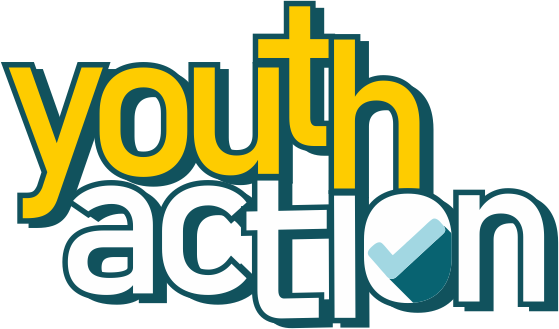
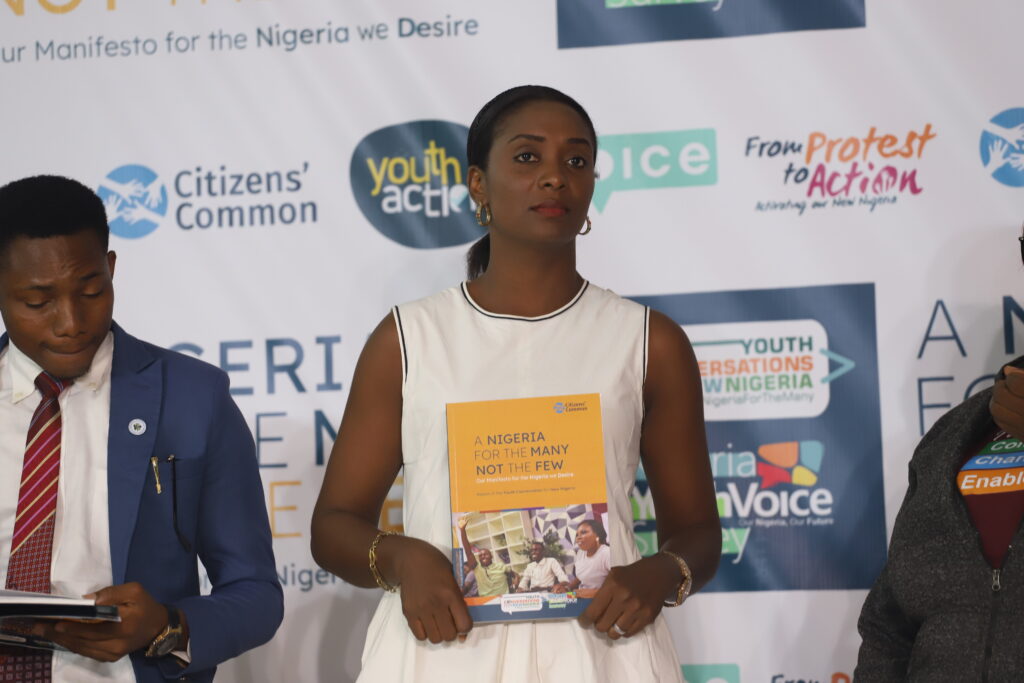
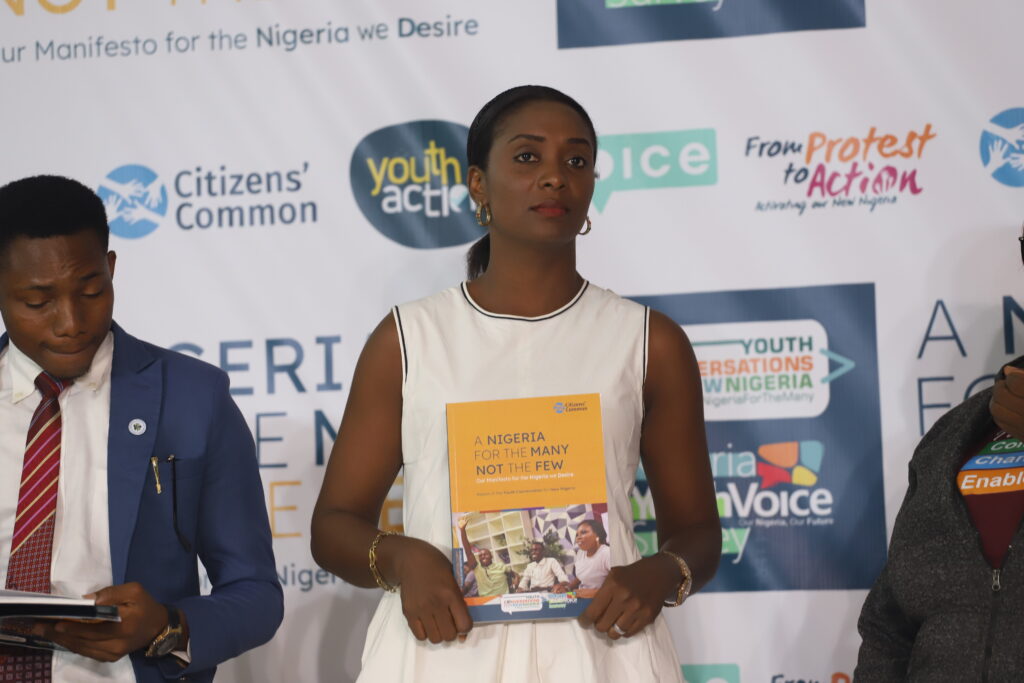
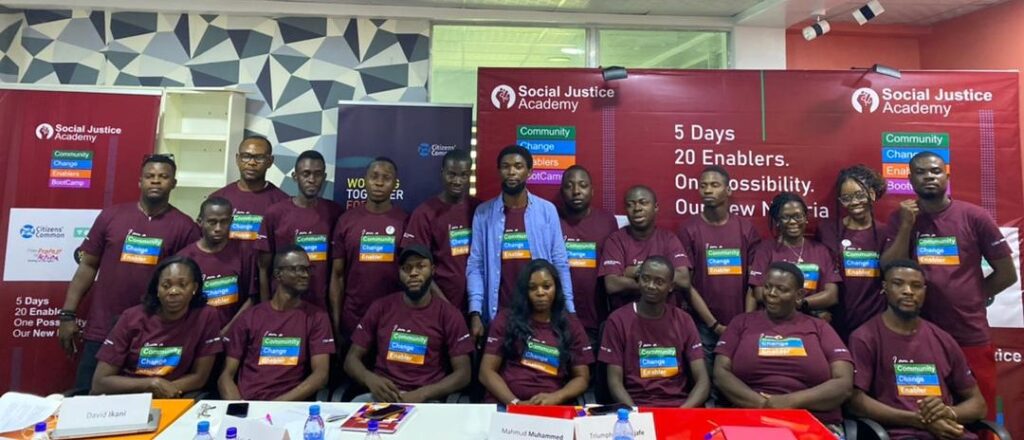
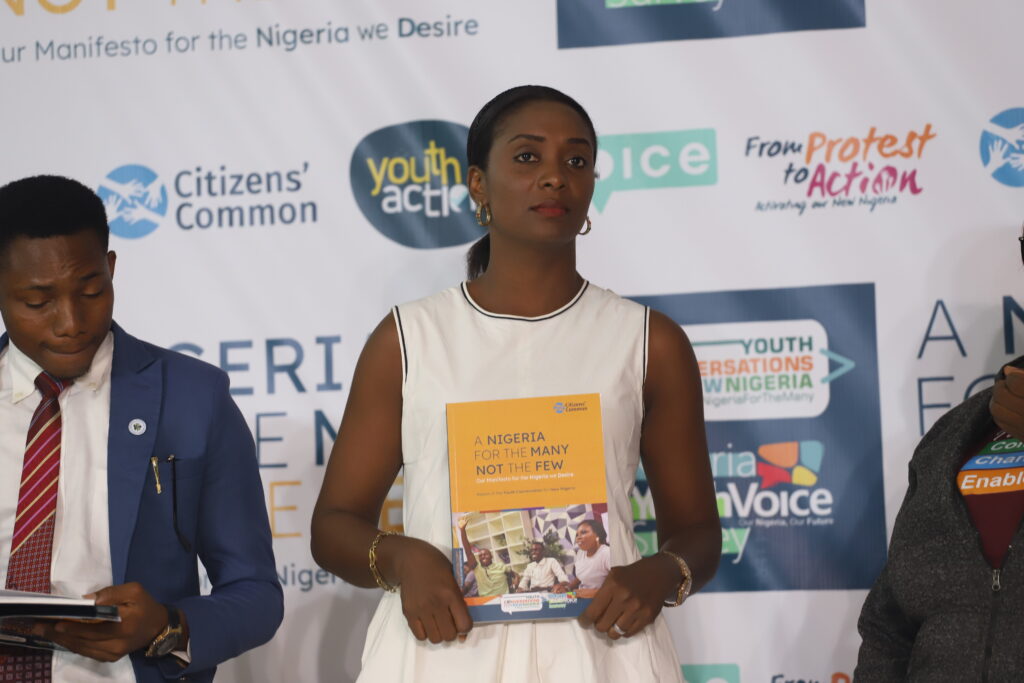




Quite insightful….
Appreciate this post. Will try it out.